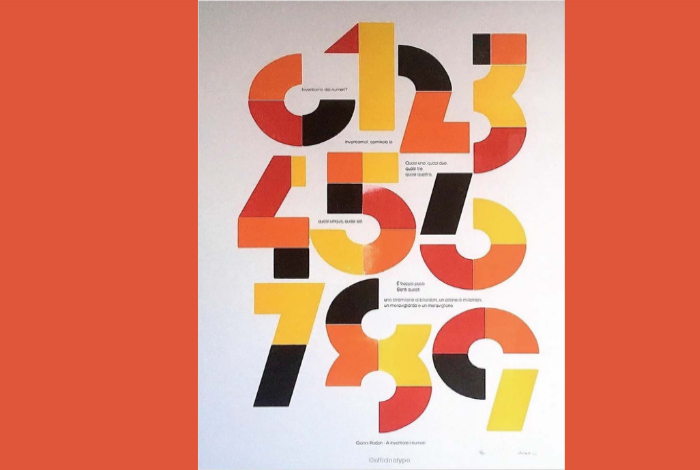
IUSS Philosophy Seminars - Epistemology and Philosophy of Mathematics – Elisabetta Cattanei (Univ. Cattolica del Sacro Cuore) - 12.12.2023, IUSS Pavia
Tuesday, December 12, 14.00-16.00 CET
IUSS Philosophy Seminars
Linguistics & Philosophy IUSS Center
Epistemology and Philosophy of Mathematics
Elisabetta Cattanei (Università Cattolica del Sacro Cuore)
The Dark Side of Plato’s mathematical Platonism: A close reading of Resp. VII 521 C-527 C
Abstract
In Resp. VII, 521 C-527 C, Plato submits to a radical reform the mathematical disciplines of the future quadrivium: the four “hard sciences” (arithmetic, geometry, astronomy, music) that together with the three “soft arts” of the trivium (grammar, rhetoric, dialectic) were to represent Western “liberal culture” – the basic culture of the free members of Western society from late antiquity onwards. Socrates and his fine respondent Glaucon insist on the fact that reformed mathematical disciplines must exercise a certain power over the human soul. This power is described in their dialogue through metaphors of light, that suggest how arithmetic and logistiké (art of calculation), plane and solid geometry, can force the soul to approximate and balance the two opposite dimensions of darkness and light, i.e. sense and intelligence, sensible and intelligible world, becoming and being. In particular, the application of logistiké to incommensurable magnitudes provides a concrete exemplification of the apparently absurd “confusion of contraries” implied by mathematics, that has the power to “tow” the soul up to the “Sun” – a metaphor of the “Good as such”. The result of the reform of mathematics achieved by Plato in Republic is no doubt the first version of the “mathematical Platonism” we will meet in the history of philosophy, but its meaning and aim present a “dark side”: it relates to problematical and even ridiculous aspects of mathematical procedures, that alone have the power to awaken and “turn” our thought to the Good as absolute value.
In-person Venue: Scuola Universitaria Superiore IUSS Pavia, Palazzo del Broletto, Piazza della Vittoria, 15, 27100 Pavia
www.iusspavia.it
Room: Aula 1-17
Zoom Link: https://iusspavia.zoom.us/my/br.aula1.17
Please find the program attached
______________________________________
Everyone is invited. Info at: simone.murru@iusspavia.it; davide.mocci@iusspavia.it; luca.zanetti@iusspavia.it; silvia.detoffoli@iusspavia.it; andrea.sereni@iusspavia.it;